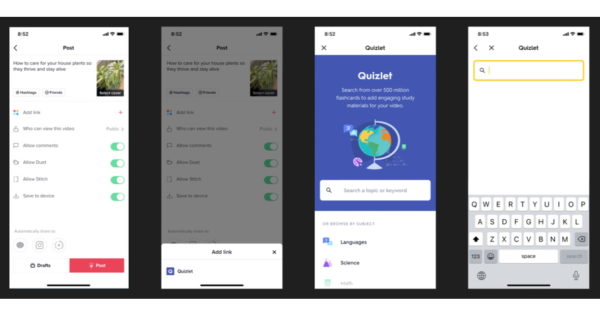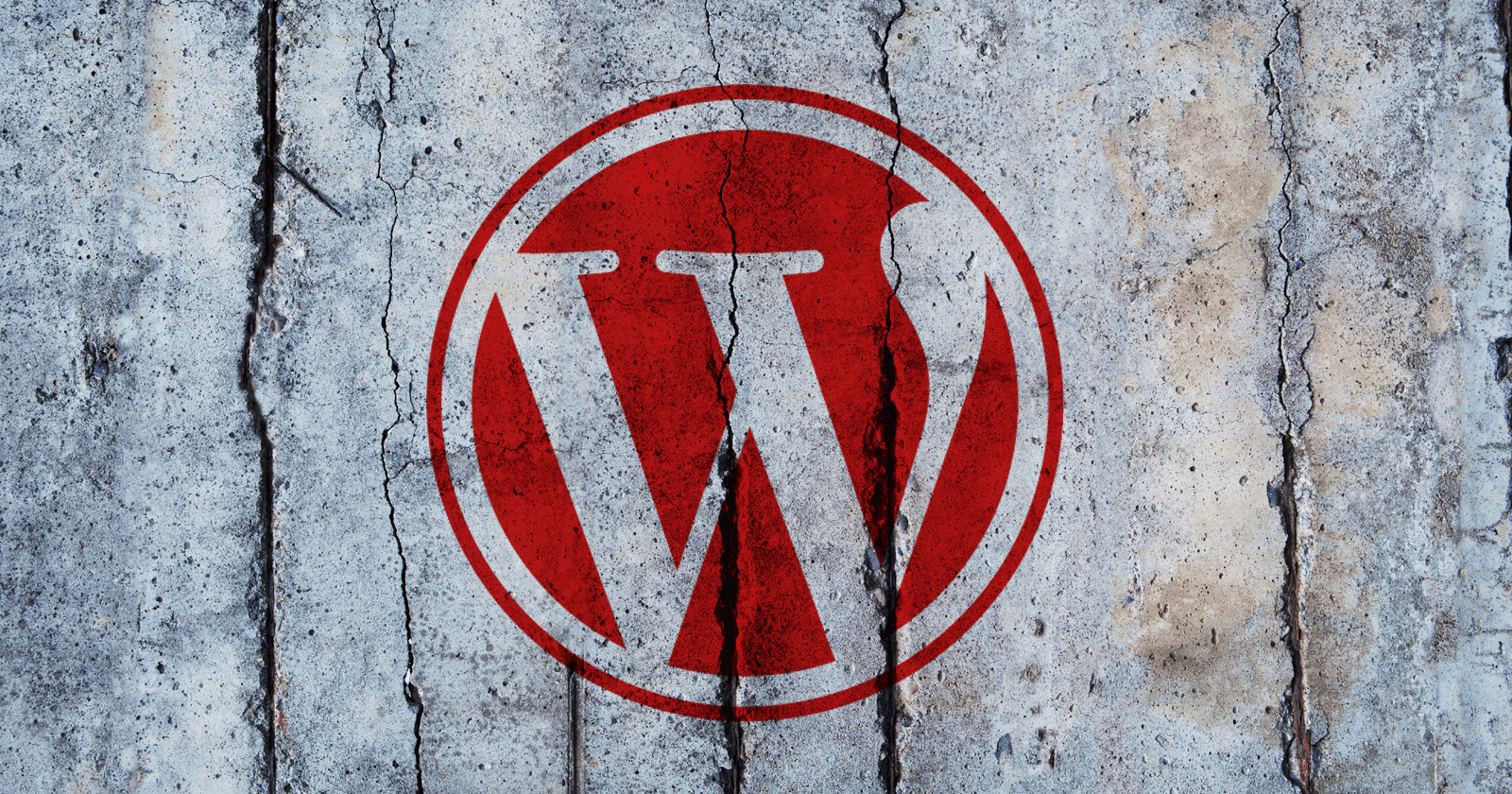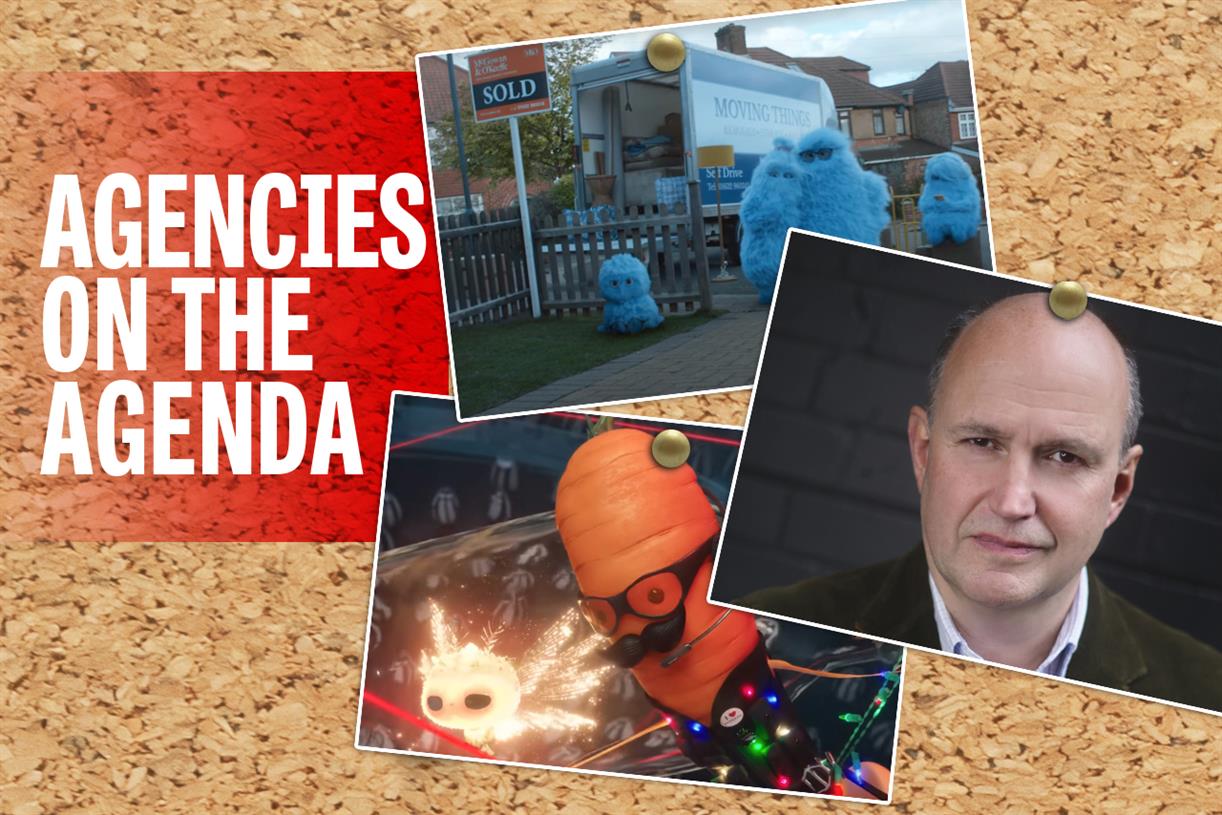Elon Musk's Twitter takeover bid worries advertisers
Advertisers have long been nervous about interacting on the platform, and new management could shake it up even more.

Elon Musk’s proposed Twitter takeover has unsettled some advertisers that are concerned he would steer the app away from the brand safety course, which Twitter developed over the years through policies and partnerships with the ad world.
On Thursday, Musk made a proposal to acquire Twitter, after he bought more than 9% of shares in the company earlier this month. Musk also held a TED Talk on Thursday, in which he discussed buying Twitter on principles of advancing “free speech,” a seemingly noble goal that also could put a fright into C-suites at brands everywhere. Advertisers have been pushing social media platforms like Twitter and Facebook to tamp down on divisiveness and extreme views; not to mention harassment, bullying and plain incivility.
“A free speech absolutist Twitter would be negative for the advertising business,” said Brian Wieser, global president of business intelligence at GroupM. “Musk’s interest for Twitter are not necessarily consistent with the interests of advertisers."
Musk, who has a devoted following of 81.7 million on Twitter, has always been a chaotic presence on the platform, using it for his own brand interests and views. But advertisers that have been closest to Twitter are worried about upsetting a delicate balance on the volatile platform. Twitter is a place to sound off on news of the day and discuss interests like sports, music and politics that drive many people's passions; sometimes those conversations can get heated. Brands often bounce between playful banter with the crowd and outright animosity. Musk, himself, is an expert at this medium.
Lou Paskalis, president and chief operating officer of marketing trade group MMA Global, has been close with Twitter since he was a marketing executive at Bank of America. Paskalis is a member of Twitter’s “influence council,” a group of brands and marketers that consults with the platform on how to set policies that try to keep the platform safe. Paskalis said that Twitter has been responsive to brands during some of the biggest crises. “Twitter should be ‘the global town square’ while also being safe for all users,” Paskalis told Ad Age. “That’s an almost impossibly high bar to achieve, but Twitter’s mission was to strike as optimum a balance between those two ideals as possible, and I believe they’ve achieved that, particularly when you compare them to other social platforms.”
Paskalis has often credited Twitter with taking responsibility and working to fix its biggest flaws, in contrast to Facebook, which is owned by Meta. Paskalis expressed concerns that Musk could “roll a bowling ball through all the well-crafted work that is in place now.”
“He’s a thoughtful guy,” Paskalis said of Musk, “and hopefully he would invest the time to understand the nuances of the balance between enabling ‘freedom of speech’ and ensuring user safety but there’s clearly some vibrant signal that he does not support the solutions that Twitter has put in place to date and that’s concerning.”
Musk offered Twitter $54.20 a share to buy the whole company, which is about $43 billion. The bid is about $10 billion higher than Twitter’s current public valuation. The Twitter board would need to approve any sale, and there are reports that many Twitter employees are against the deal. Twitter held a company meeting late Thursday.
Musk is not necessarily a friend to advertisers. Tesla, his electric car company, famously avoids spending on advertising. But he is no stranger to marketing on Twitter, with his legions of electric vehicle fans, SpaceX admirers and crypto-token boosters. Musk has also been a vocal critic of Twitter policies at times, which is why many think he would undo some of the moderation work that many brands have supported.
During his TED Talk, Musk said that his bid to buy Twitter was not a way to "make money" and that he doesn't care about "economics at all."
Noah Mallin, chief strategy officer at IMGN Media, a media and tech company, said that Musk would lead to serious doubts among core advertisers. “He seems hostile to ad dollars, so assuming he actually goes through with the purchase, it’s likely you’d see the council disbanded and a very different relationship with brands,” Mallin said. “At some point though the reality of how Twitter makes revenue kicks in.”
Sign up for Ad Age’s Influencer Marketing newsletter.
Twitter has 217 million daily users, according to its latest financial report, and it generated $5 billion in revenue, mostly from ad sales, in 2021. Twitter is small compared to some social media players like Facebook, Instagram and TikTok, but it has always played an outsized role in the media conversation. Twitter also is a political powerhouse, which has made the stakes over its ownership that much higher.
In 2020, Twitter was the first platform to outright ban former President Donald Trump. Trump was just the most prominent example, but he embodied the tension on Twitter between political factions. Twitter’s policies have taken plenty of criticism, too, especially from conservatives who claim the site favors more socially liberal voices.
Regardless of politics, however, the dynamic is a touchy one for brands. Twitter has acknowledged that during the most politically tumultuous times, like during election seasons and periods of civil unrest, brands could turn down their ad spending.
Nandini Jammi, who goes by @nandoodles on Twitter and is co-founder of Check My Ads, knows the rough-and-tumble of interacting on Twitter daily. Check My Ads, an ad tech watchdog, exposes brands that show up on far-right websites and is often in conflict with ultra-conservative personalities on Twitter. “I think activists will no longer be safe on Twitter if Elon [Musk] buys the company,” Jammi said. “Musk appears to have no accountability to users or the communities on this platform, just himself and his personal agenda.”
Laura Mignott, global chief experiential officer at VMLY&R, said that Musk could be a drag on Twitter if policies change. “Twitter has worked extremely hard to diversify its leadership, tap into culture and respond to the moments that we are in,” Mignott said. “I don’t think people would feel safe on the platform to express their views if he were to buy it.”

 Konoly
Konoly 































